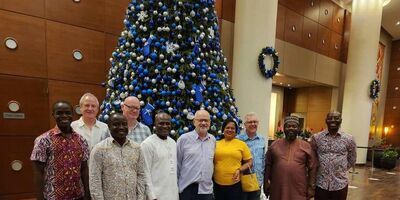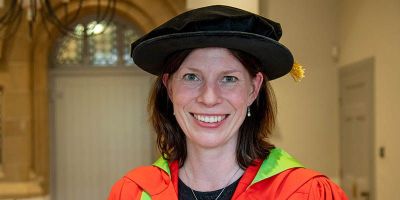ITS alumnus wins Moshe Givoni Prize 2021

Jeroen Bastiaanssen wins best paper of the year in Transport Reviews.
Jeroen Bastiaanssen’s paper ‘Does transport help people to gain employment? A systematic review and meta-analysis of the empirical evidence’ (co-authored by supervisors Dr Daniel Johnson and Prof Karen Lucas) has been awarded the 2021 Moshe Givoni Prize for best paper of the year in Transport Reviews.
The findings are important for policymakers in that they imply that job seekers may benefit from public policies targeted at improving their access to public transport, in particular for people without access to cars and in areas with fewer job opportunities. This study has systematically reviewed 93 existing studies, synthesised it through meta-analysis, and clearly demonstrated that car ownership significantly increases individual employment probabilities, especially among welfare recipients.
Named in Memory of Moshe Givoni, this prize has been set up to celebrate the contributions he made to transport research and to the running of Transport Reviews for over 10 years as Associate Editor. First presented in 2020, the award recognizes the outstanding scholarship of many of the papers published in the Journal. Each year, the Editors select the best paper published in Transport Reviews over the previous calendar year.
It is a real honour to receive this prize and particularly nice because it is the first paper of my PhD-thesis. I believe that the multidisciplinary research approach, in which we combined the social and economic perspectives on transport, is what truly made it become a good quality paper. That is what makes research at ITS a unique opportunity for any PGR. I currently work as a transport researcher at the Netherlands Environmental Assessment Agency (PBL), where I’m conducting follow-up research into the role of new public transport infrastructure on individual labour market outcomes. Our review paper identified only a few empirical studies that have examined this before, while various Dutch cities want to invest in new (light)rail connections, so this research comes in a very timely moment. I would encourage other PGR’s to leverage on the knowledge and experience of the multidisciplinary research group at ITS and disseminate their work in the wider research community.




